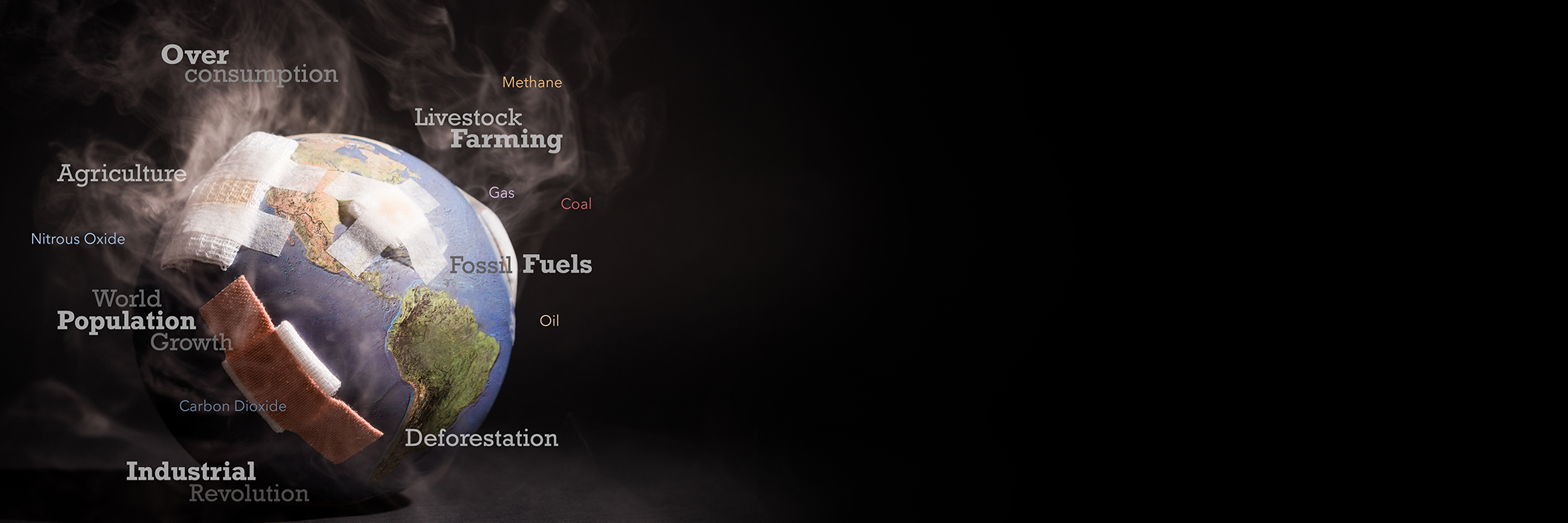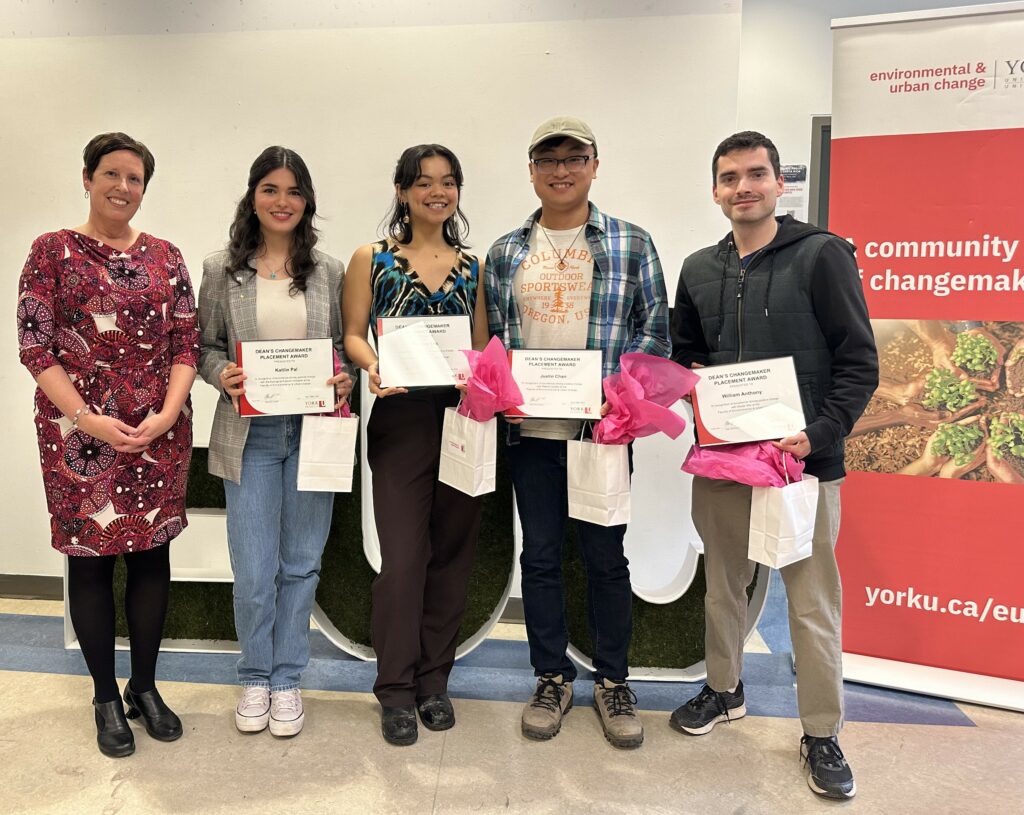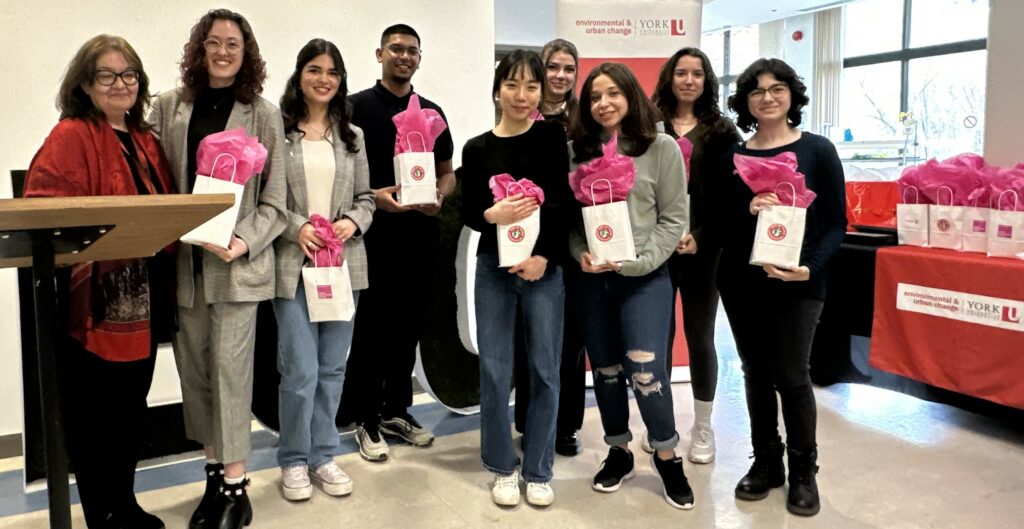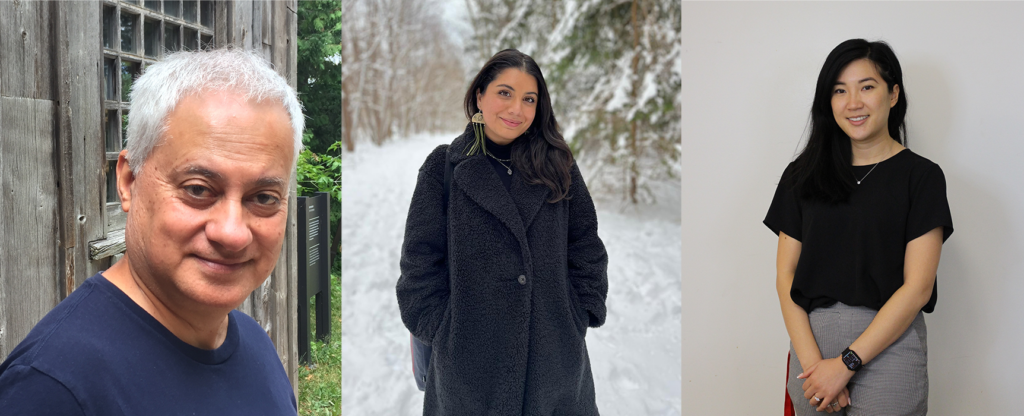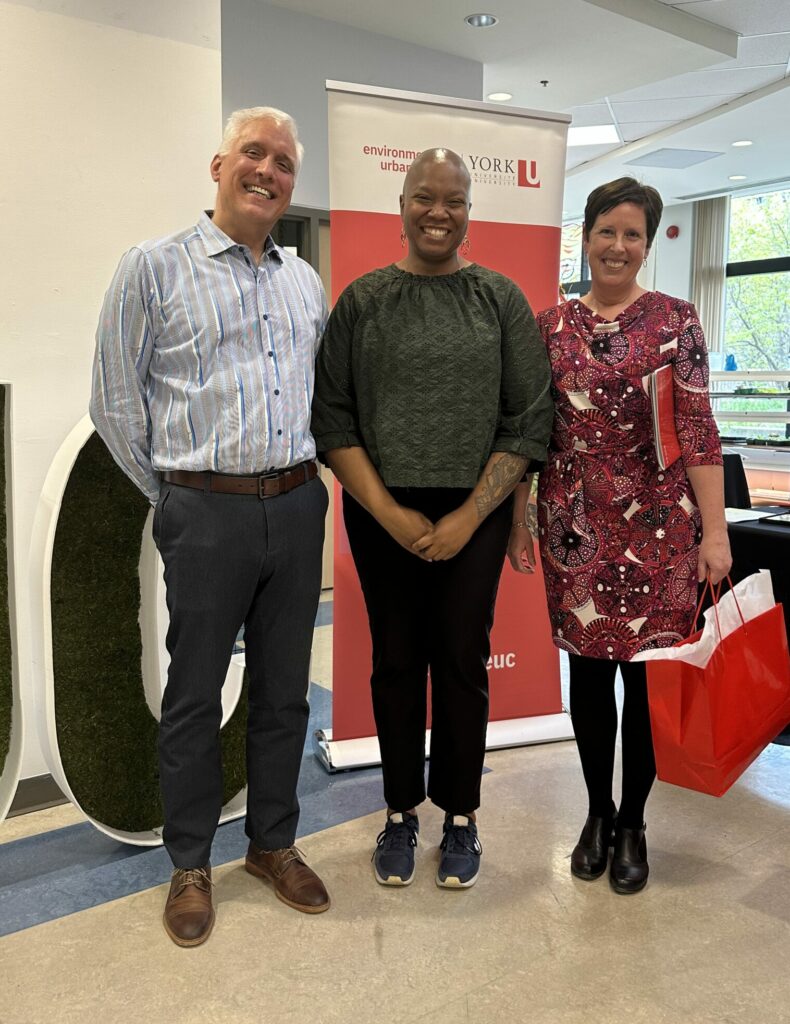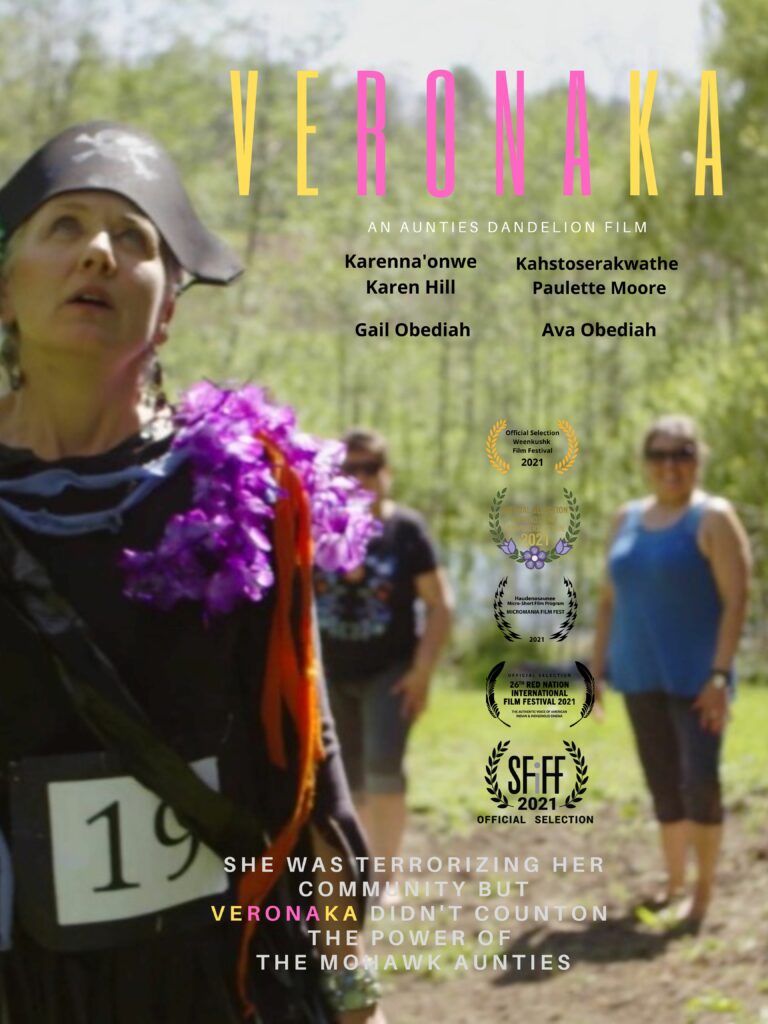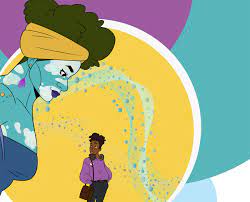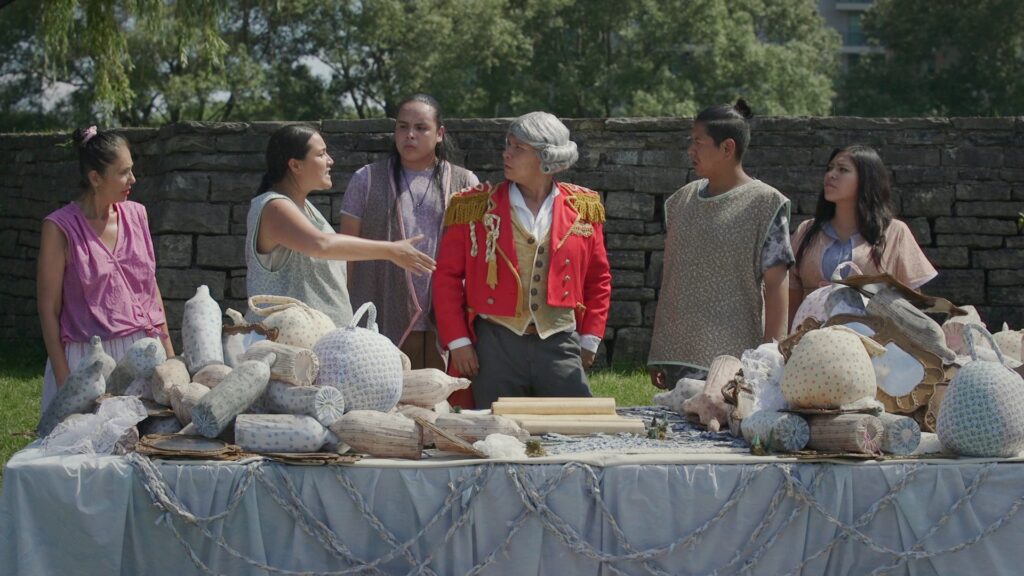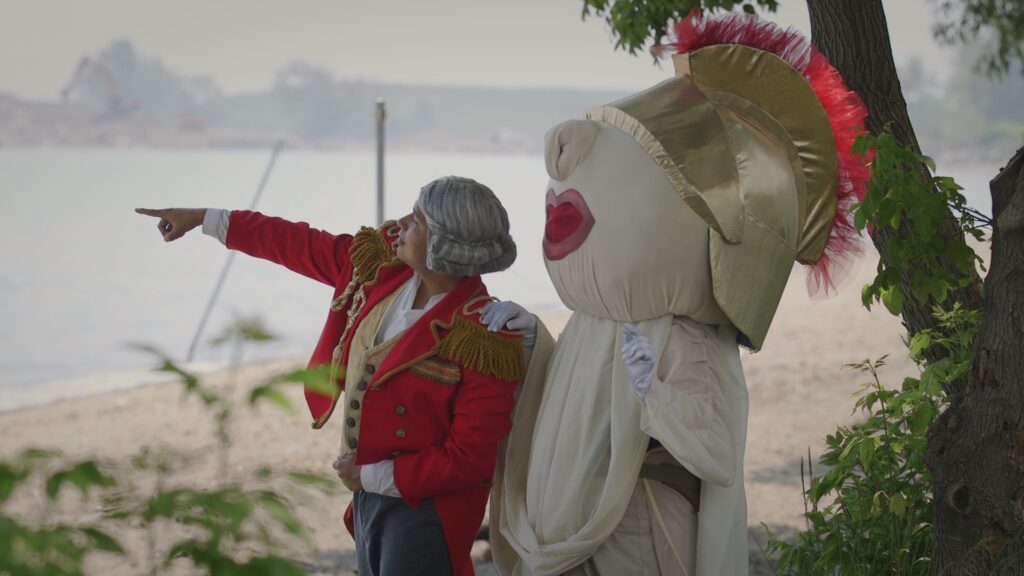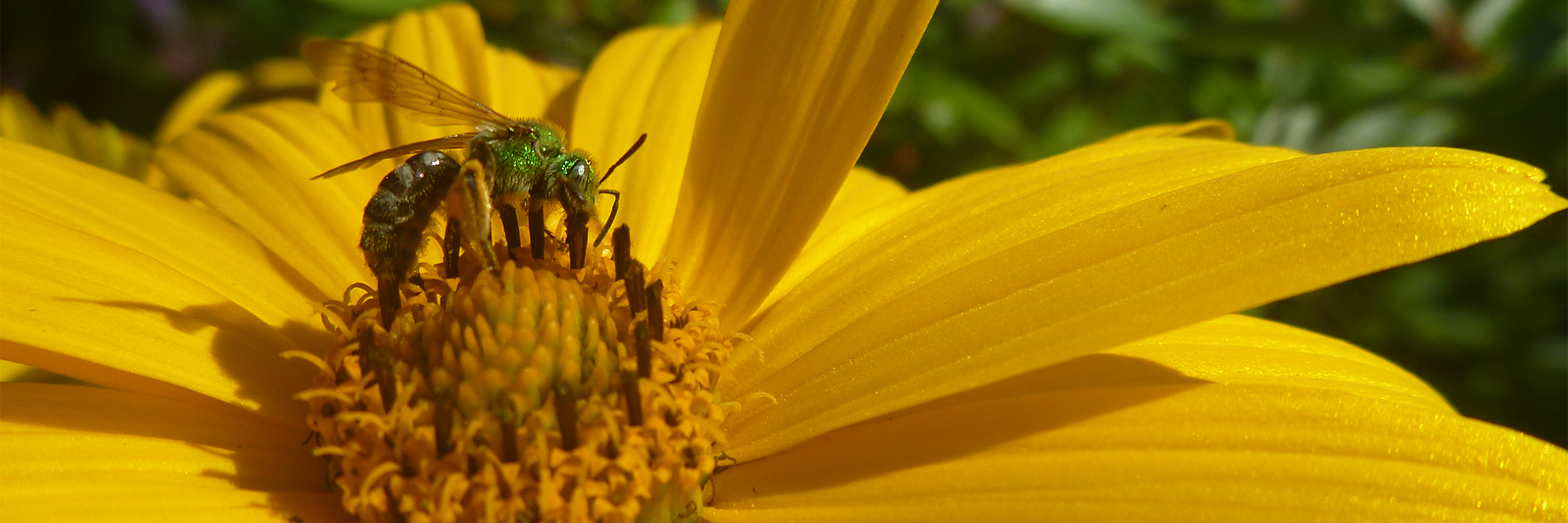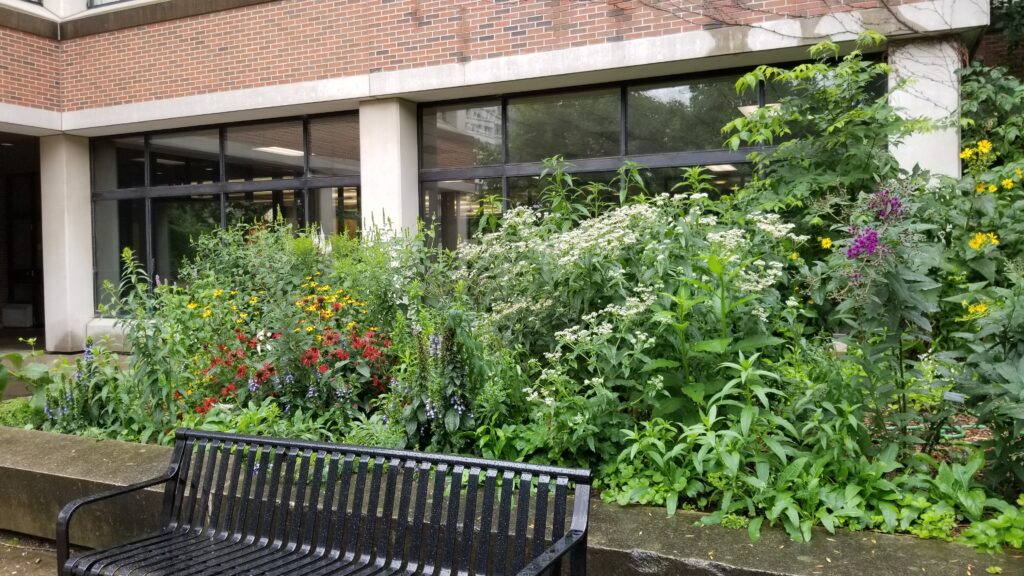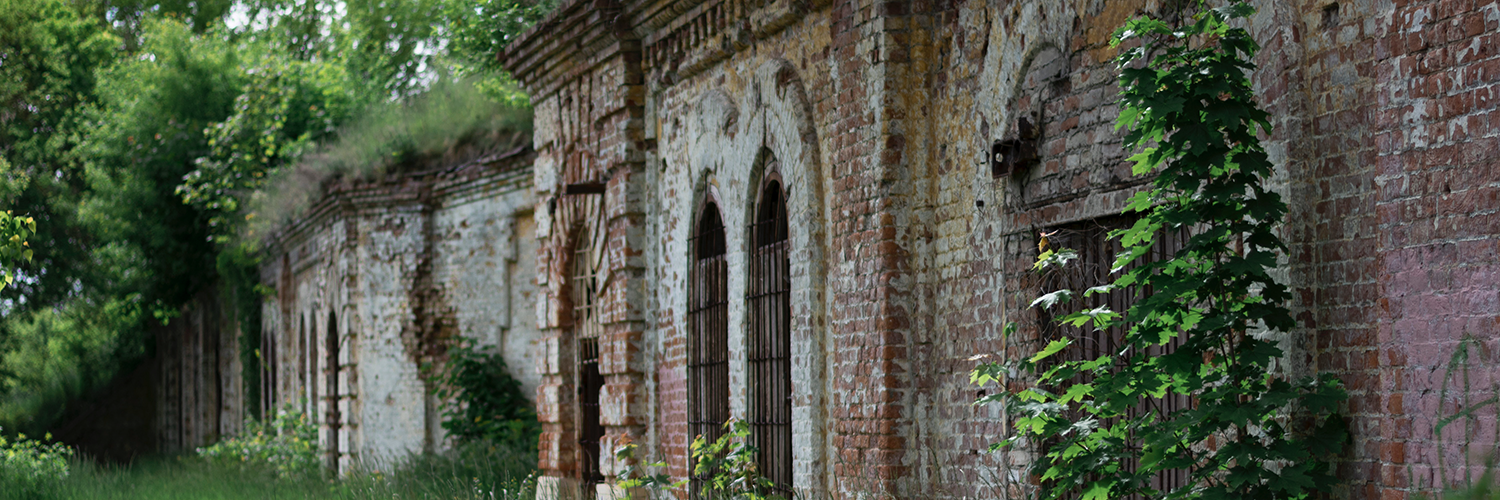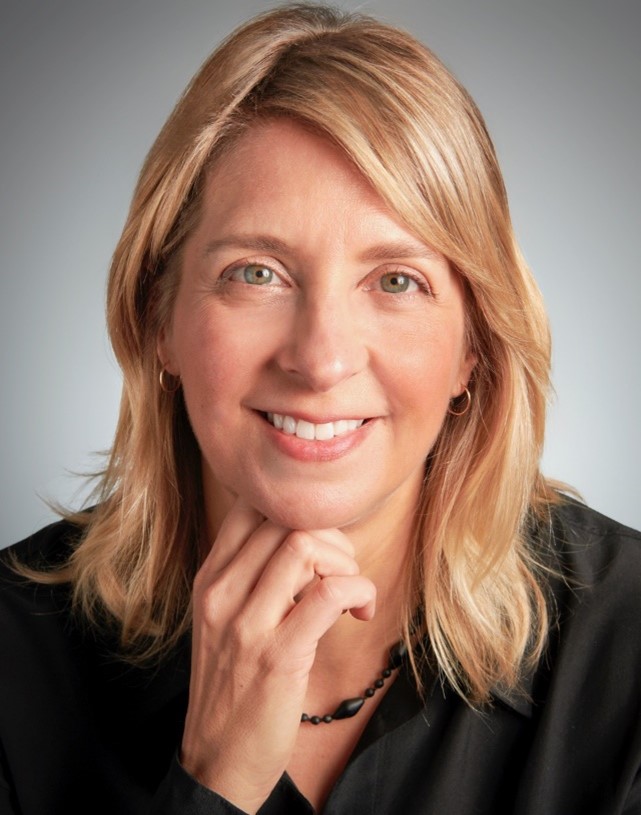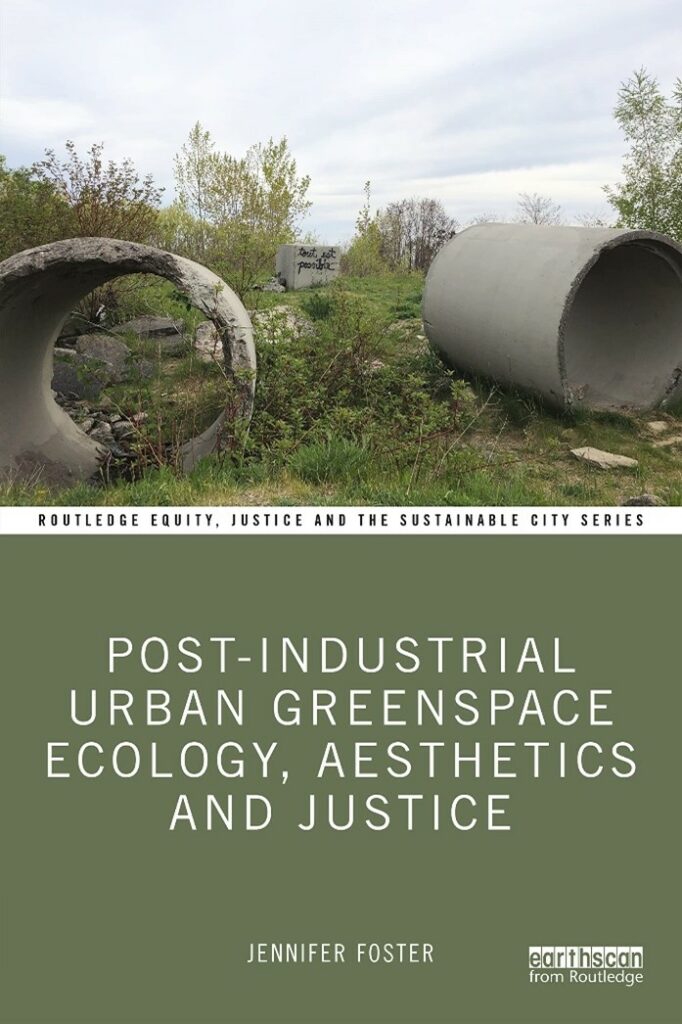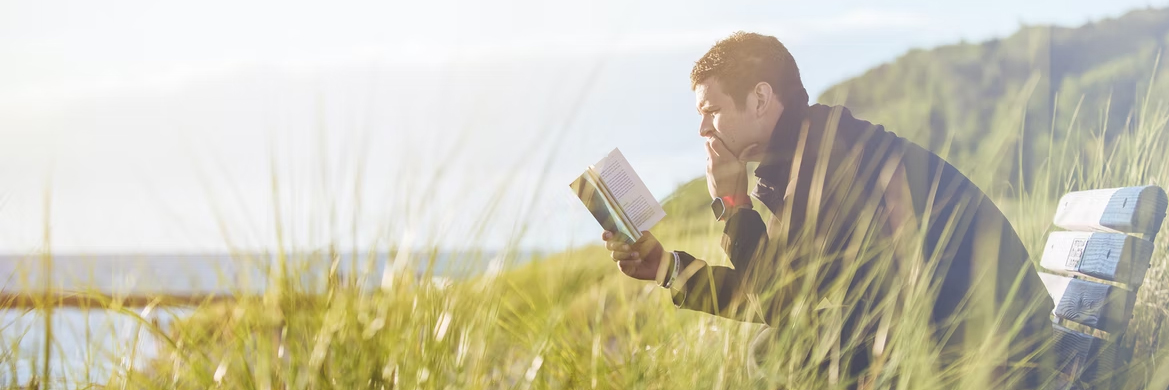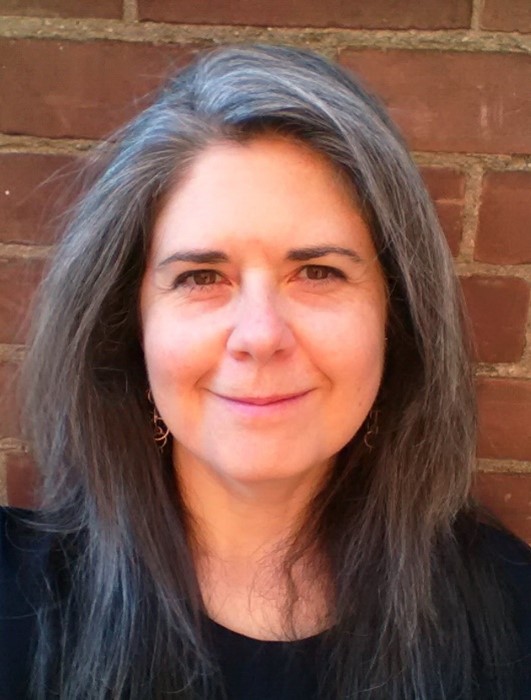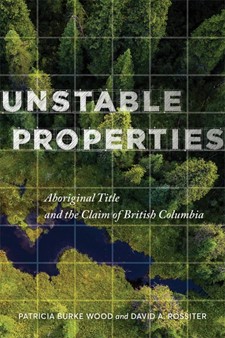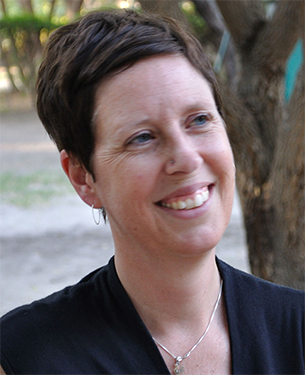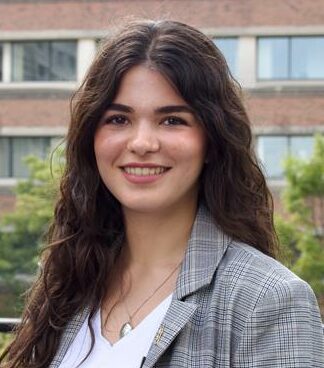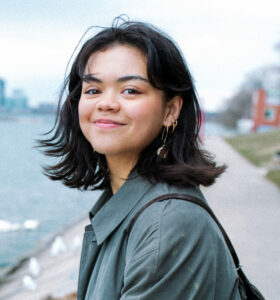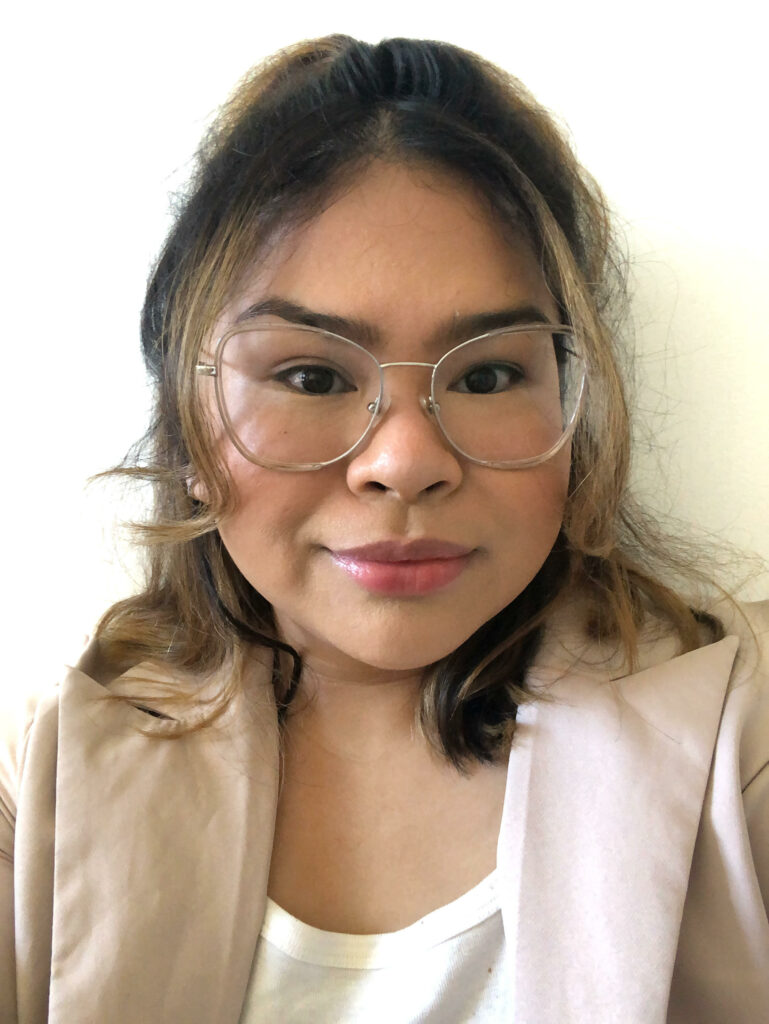“Why is it that, despite the fact that we live in an ‘information economy,’ despite the fact that we are well aware of sweatshop labour, increasing inequalities and climate crisis,” Faculty of Environmental & Urban Change Professor Ilan Kapoor ponders, “we continue to be so invested in our global capitalist system?”
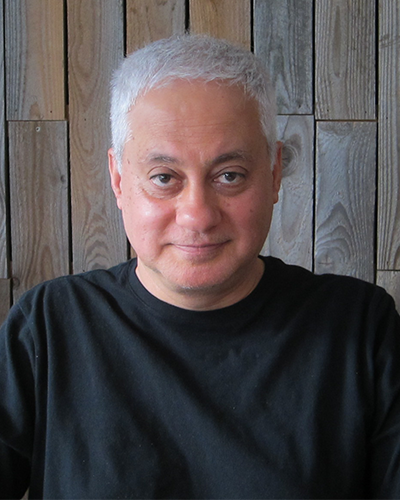
In his latest book, Global Libidinal Economy (Suny Press, 2023), Kapoor – along with co-authors Gavin Fridell, Chair of Global Development Studies and research professor at Saint Mary’s University; Maureen Sioh, associate professor in the Department of Geography at DePaul University; and Pieter de Vries, international development research liaison for Wageningen University and Universidad de Antioquia – supplants traditional economic wisdom and emphasizes the often overlooked role that unconscious human desire plays in driving overconsumption and – by extension – environmental and humanitarian crises.
“Conventional political economy assumes the individual as an autonomous, rational, self-interested and advantage-maximizing subject. Neoclassical economics, for example, is based on the idea of a self-regulating market that operates under the ‘invisible hand’ of supply and demand,” Kapoor explains.
Widespread though this understanding of market forces may be, however, Kapoor asserts that such a perspective is ultimately limited, failing to describe how so-called rational actors can understand the regrettable consequences of unmitigated consumption, while simultaneously participating in such destructive, and eventually self-destructive, behaviours. In order to explain this contradiction, Kapoor and his peers introduce the concept of “the ‘libidinal,’ [which] plays a critical role,” as a primary motivator of consumption, rather than a negligible, haphazard influence.
“Libidinal economy is founded on the notion of a desiring subject, who obeys the logic not of good sense, rationality and self-interest, but rather excess and irrationality,” Kapoor says. “Desire, as it is conceptualized in psychoanalytic theory, is insatiable, which is what helps explain the relentlessness of capital accumulation and profit maximization. So, it is the irrationality and excess of desire that we think can help us understand such phenomena as overconsumption, excessive waste and environmental destruction to the point of imperiling not only accumulation but life itself.
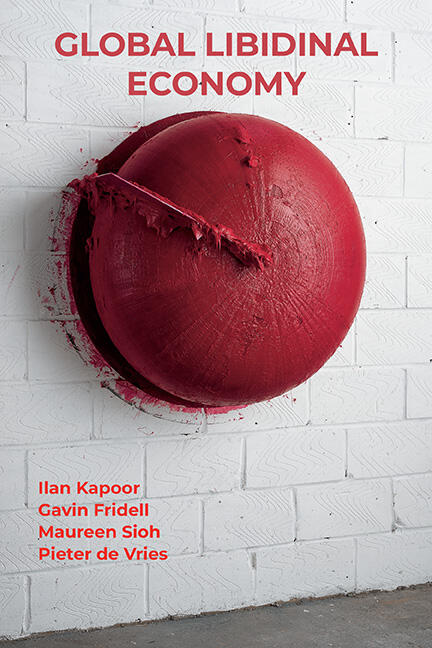
“My co-authors and I claim in this book that it is because late capitalism fundamentally seduces us with such things as cars, iPhones, fast food, and media spectacle … as a result of which we end up fetishizing capitalism, loving it, in spite of knowing about the many socioeconomic and environmental problems associated with it,” he adds.
As a teacher of global environmental politics and international development studies, Kapoor approaches these subjects through the lenses of psychology and critical theoretic philosophy, encouraging his students and peers to debate trends in global development in terms of race, gender, class and unconscious bias.
“I am interested in those elements of our lives that are either hidden away – what psychoanalysis calls ‘repression’ – or are in plain sight but unacknowledged – that is, ‘disavowal,’” he says. “My last three books have focused on this repressive and disavowed role played by unconscious desire in global politics and development. Our [new] book builds on that project by examining the significant part played by unconscious desire in political economy.”
Officially published on May 15, Global Libidinal Economy will make it’s ceremonial debut at Authors meet Critics as a part of the 2023 Congress of the Humanities and Social Sciences at York University on May 30.
Though intimately familiar to Kapoor and his co-authors, the conception of libidinal economy introduced in the book is now making waves in environmentalist and economist circles, being praised in early reviews as innovative and expansive, yet broadly accessible and concise.
To purchase a copy or see more information and reviews on Global Libidinal Economy, visit the publisher’s website.
Click here for details on the launch of Global Libidinal Economy and the Authors meet Critics event.


